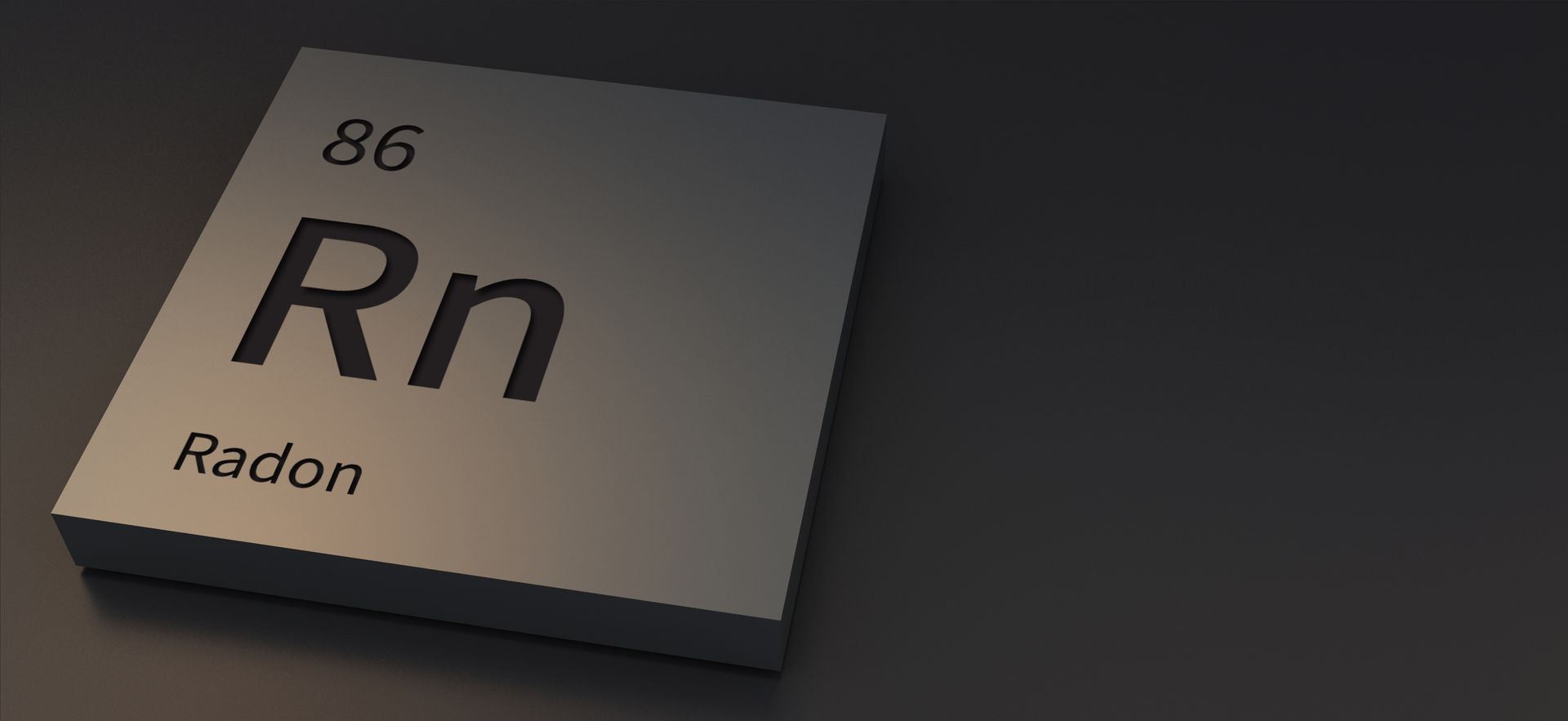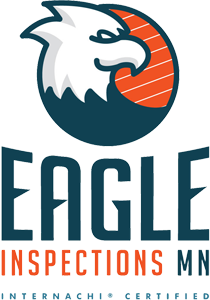(507) 530-3742 | Otsego, MN | Mon-Fri: 8AM-8PM Sat & Sun: By Apt Only
Blog
Blog

21 Sep, 2023
Radon is a colorless, odorless, and tasteless radioactive gas that occurs naturally in the soil and can enter your home through cracks and gaps in the foundation. It is a known carcinogen and is the second leading cause of lung cancer after smoking. Because you can't see, smell, or taste radon, it's essential to have your home tested to ensure you and your family are not at risk. This is where professional radon testing services come into play. What Is Radon Testing? Radon testing is the process of measuring the levels of radon gas in a home or building. It's a crucial step in determining whether you are being exposed to dangerous levels of radon. Professional radon testing services use specialized equipment and techniques to accurately measure radon levels and provide you with reliable results. Why You Need Professional Radon Testing Services Accuracy: Professional radon testing services use state-of-the-art equipment that provides highly accurate results. They follow industry standards and protocols to ensure the testing is conducted correctly, giving you peace of mind about the accuracy of the results. Experience: Experienced radon professionals have extensive knowledge of radon gas behavior and the factors that can affect radon levels in your home. They can identify potential sources of radon entry and recommend appropriate mitigation measures if needed. Compliance: Professional radon testing services are well-versed in local regulations and guidelines related to radon testing and mitigation. They ensure that their testing processes comply with all relevant standards, ensuring the validity of the results. Comprehensive Testing: Professionals conduct comprehensive radon testing, including short-term and long-term testing. Short-term tests provide a quick snapshot of radon levels, while long-term tests give a more accurate assessment of your exposure over an extended period. The Radon Testing Process Consultation: The process begins with a consultation where you discuss your concerns with a radon professional. They will explain the testing process, answer any questions you may have, and schedule the testing. Testing: Radon testing typically involves placing a specialized device in your home for a specified period. The device will collect data on radon levels over time. Short-term tests usually last for a few days, while long-term tests can extend for several months. Analysis: After the testing period is complete, the radon professional will retrieve the testing device and analyze the data collected. They will provide you with a report detailing the radon levels in your home. Recommendations: Depending on the results, the radon professional may recommend mitigation measures if radon levels exceed safe limits. Mitigation measures can include sealing cracks in the foundation or installing a radon mitigation system. Follow-up: Radon levels can fluctuate over time, so it's essential to have regular radon testing, especially if you've made changes to your home or the surrounding environment. Protecting Your Family Understanding radon testing services and relying on professionals to assess your home's radon levels is a vital step in protecting your family's health. Radon is a serious threat, but with accurate testing and, if necessary, mitigation measures, you can reduce your exposure and minimize the risks associated with this harmful gas. Don't wait until it's too late—schedule a radon test with professionals to ensure a safe and healthy living environment for you and your loved ones.
